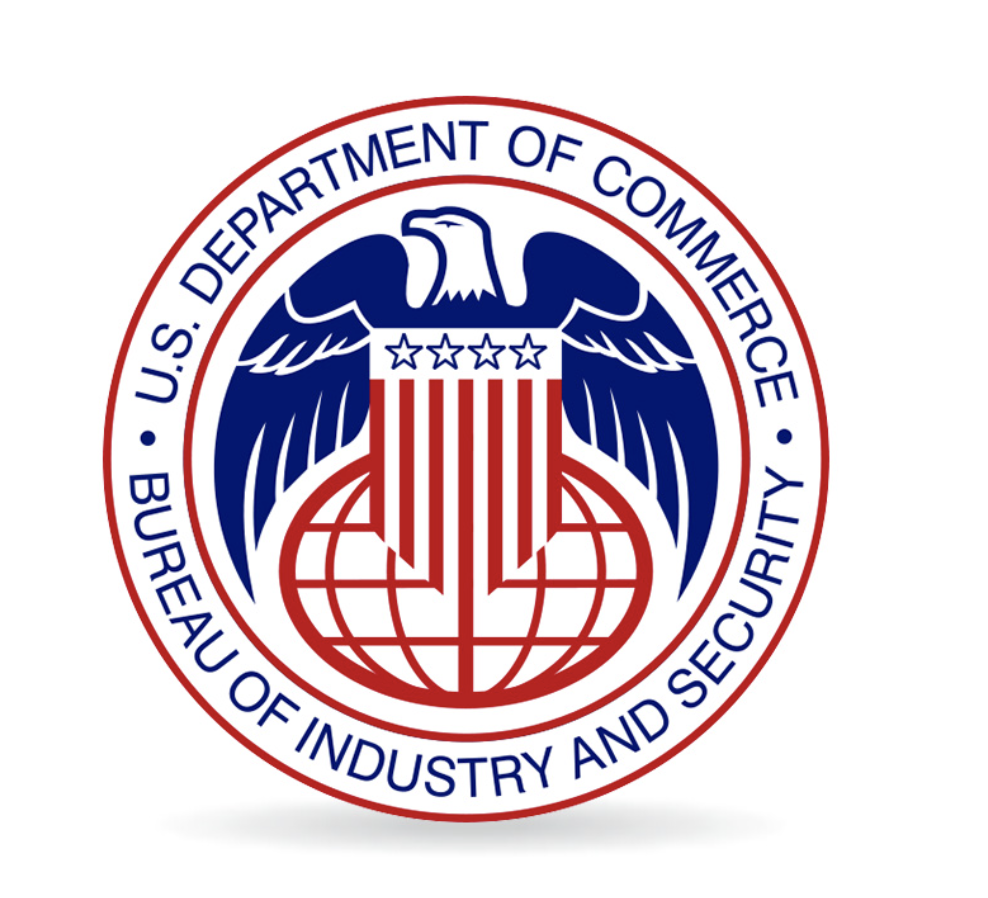BIS Releases Updated Guidance for Freight Forwarders
On March 28, 2024, the U.S. Department of Commerce’s Bureau of Industry and Security (“BIS”) released updated guidance to freight forwarders specifically outlining their responsibilities under the aegis of the Export Administration Regulations (“EAR”). Issued in the wake of BIS’s Update Conference on Export Controls and Policy, the new guidance underscores the critical role freight forwarders play in preventing the flow of illegal exports to U.S. adversaries.

While the guidance acknowledges that the fundamental expertise of freight forwarders is the “effective” and “efficient” movement of cargo internationally, it nonetheless obliges freight forwarders to exercise independent judgment in discharging their responsibilities on behalf of exporters in the context of both standard and “routed” export transactions. Chief among these responsibilities is the requirement that the freight forwarder maintain an open dialogue with the exporter/principal party in interest sufficient to ensure that it can legally facilitate the shipment in question. To that end, the guidance emphasizes the necessity of requiring the exporter to furnish the freight forwarder with “detailed documents” regarding the exporter’s expectations, the proper classification of the commodities in question, and the availability of any license exceptions. The guidance further charges freight forwarders with knowledge of all applicable export regulations and the responsibility for the filing of accurate Electronic Export Information (“EEI”) reports in the Automated Export System (“AES”).
In the context of a conventional export transaction or “non-routed” shipment, the guidance reminds freight forwarders of their responsibilities under the U.S. Census Bureau’s Foreign Trade Regulations, including but not limited to, obtaining complete information necessary to prepare and submit the EEI; actually preparing and submitting the EEI for each standard shipment under contract; and providing a copy of the EEI to the exporter upon request. With respect to “routed” export transactions, the guidance emphasizes the necessity of strictly adhering to regulatory requirements by obtaining a power of attorney or other written authorization from each foreign principal party in interest (“FPPI”), and accurately ascertaining whether an FPPI has validly assumed the responsibilities of the “exporter of record” by virtue of a written acceptance of responsibility for determining licensing requirements and obtaining the necessary export authorizations.

The guidance further instructs freight forwarders to be cognizant of a variety of red flags that might arise in the context of facilitating the shipment of exports. Chief among these red flags is the failure of the exporter to provide require EEI elements, including the applicable Export Control Classification Number (“ECCN”), license number, or license exception that authorizes the shipment in question. Other red flags include, but are not limited to, the payment or arrangement of freight forwarding services by a company in a different country than the ultimate destination of the export; a notable lack of familiarity by the exporter with the provisions of the EAR; and the shipment of unusual commodities to an ultimate consignee engaged in commercial business activities seemingly unrelated to the export in question.
Finally the guidance also charges freight forwarders with knowledge of the anti-boycott regulations also administered by BIS, pursuant to which U.S. companies are prohibited from taking actions in furtherance or support of an unsanctioned foreign boycott, including most conspicuously, the Arab League’s long-standing boycott of the State of Israel. To that end, the antiboycott regulations require U.S. Persons to report the receipt of any requests to participate in an unauthorized foreign boycott to the Office of Antiboycott Compliance (“OAC”), notwithstanding the fact that the request may have been rebuffed or ignored. All such reports must be made in writing to the OAC and may be submitted either electronically or by mail. U.S. Persons are obliged to report the receipt of boycott requests on a quarterly basis.















